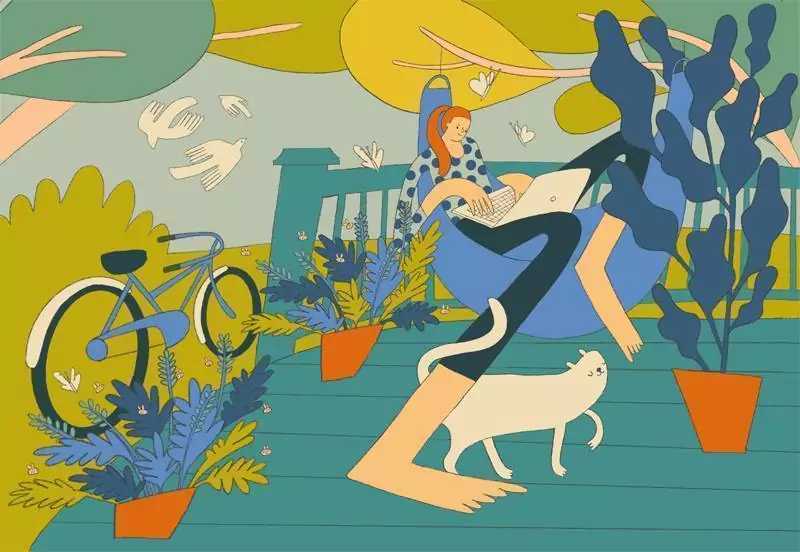Dear Dot,
I’ve planted clumping bamboo in my yard. It’s not invasive but is it a problem because it’s not native?
—Dave
The Short Answer: Though non-native plants aren’t as harmful to an ecosystem as invasives, they don’t provide nearly the habitat and food sources that native species do. (Consider that a native red oak hosts 550 different species of moths and butterflies while a non-native ginkgo supports five.) In short, non-natives take up space without giving much in return.
Dear Dave,
If you walk along the dirt road toward our family cottage, you will notice an abundance of milkweed. A few of the neighbors, perplexed at the recent appearance of this tall, gangly plant with its somewhat bedraggled pink flowers, have tried to yank out the stalks, but each Spring, there seem to be even more of them, so at this point, smart money is on the milkweed.
I take full credit for that milkweed. I planted seeds at our cottage a decade ago and, as the milkweed grew and produced more seeds, they dispersed and rooted, and now milkweed plants line the road like ragtag sentinels.
Milkweed offers exactly the food that Monarch butterflies need in order to become Monarch butterflies. And though there are more than 100 native species of milkweed in North America, many of them are rare, threatened, or endangered, as are the Monarch butterflies that depend on them.
Threats to milkweed include habitat loss to development, invasive species, and unenlightened cottage neighbors blind to its humble beauty. So many native species are threatened because they aren’t prioritized, and consequently, they lose ground.
And that’s the problem with non-native species, Dave. They’re kinda like the Plus One on a wedding invitation: It’s not that they’re bad, necessarily; they’re just pretty much taking up space. Space that might otherwise be occupied by a native plant.
But so what? Right, Dave? The Plus One wedding guest might be fascinating. She might be hilarious. She might lead the entire wedding party in a joyful Chicken Dance. (Do they still do the Chicken Dance at weddings? I am at that in-between age when my friends are getting divorced and my children’s friends aren’t quite yet getting married, so my wedding memories remain very circa late 20th century.)
The “so what,” however, is that native species offer something that non-natives don’t: a healthier environment, a healthier ecosystem, and support for a higher diversity of animals. The plant and bird people at Audubon want us to know that “a native red oak can host over 550 different species of moths or butterflies — especially their larvae.” Birds love those caterpillars, Dave. Especially the song birds that we love. The non-native gingko tree, on the other hand, can only host a measly five different species. Five. Versus 550. Even if the ginkgo could lead us all in the Chicken Dance, it can’t rival that red oak for making birds happy. Not even close.
As much as it pains you, Dave, I urge you to remove that clump of bamboo and plant a species native to your area. (Native species in North America are any plants that existed in a locale prior to European colonization.) The Audubon folks are at the ready with all you need to know.
And when you’re done tossing your Plus One on the compost heap and you’ve planted a native species, await the birds and the butterflies who will show up in gratitude. And, even though we’ve missed International Dance Like a Chicken Day, I nonetheless hope that when those birds and butterflies and bugs arrive, Dave, you and I will wag our tail feathers in joy.
Endemically,
Dot


